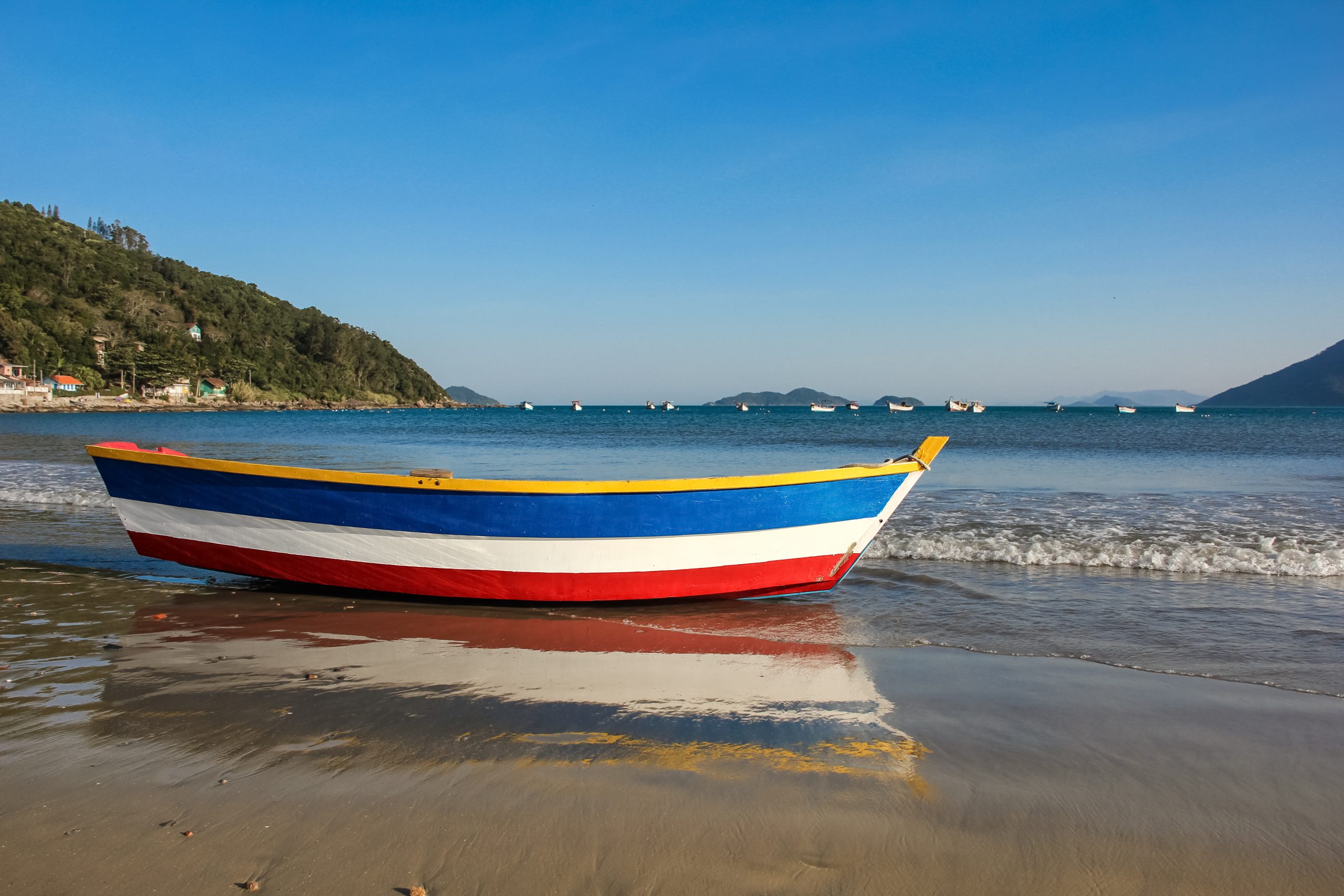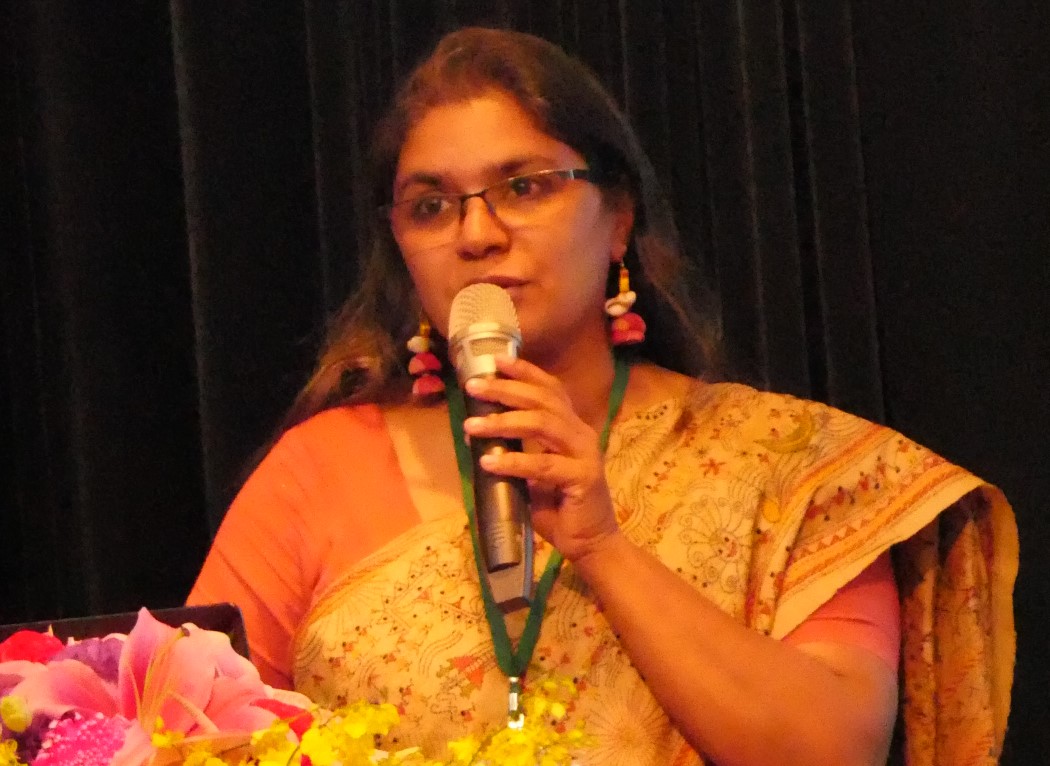This article considers how tourism in marine eco spaces has historically acted as an agent for resource deprivation and highlights options to make it more community centric and participatory and thereby supporting recovery efforts from the COVID pandemic in the processes.
Marine and coastal tourism: a challenge for inclusion
Tourism in marine or any ecologically vulnerable landscape is historically a vehicle for resource conflict. The life, livelihood, social and cultural needs of local communities are highly dependent on marine ecosystems and marine environment. Historically tourism has been a resource intensive industry that promotes privatisation of the marine environment and marine resources, widening the resource gap between the local community and business owners and consumers within the leisure industry. There’s been an exponential increase in tourism in India over the last several decades, fuelled by the growing economy and disposable incomes. The tourism industry in India has expanded wildly in an unregulated fashion with no regard for environmental, social and cultural impacts.
Marine tourism is not just a holiday, it changes the entire social, cultural and economic landscape of its surroundings. Local economies become dependent on tourism, which slowly strangles traditional occupations like fishing, artisanal work and handicrafts. Land and beaches get taken over for construction of tourism infrastructure affecting indigenous peoples like the Adivasi and fishworkers. The landless can often be forced to become labourers in the tourism industry. Artisans are co-opted into the tourism industry and often forced to compromise on their art to deliver cheap souvenirs. There are also significant social costs. Child trafficking, sex work and child labour are all associated with traditional forms of mass tourism. These forms of tourism, systemically and systematically perpetuate the caste system, with sometimes even furthering caste-based occupations especially those concerning vulnerable groups such as the Dalit and Adivasi.
The concepts of inclusion and local decision making are increasing in prominence in the discourse of sustainable tourism. However, in reality, inclusion remains a myth. The concepts cannot go beyond the traditional power structures of each local setting where tourism in being operationalised, and it brings together multiple powerful players at multiple layers creating new dynamism in resource utilisation, exploitation and decision making.
EQUATIONS: initiatives and tools to support greater inclusion
EQUATIONS envisions a just and equitable world, where all people have the freedom and the right to determine their lives and future. We envision forms of tourism which are non-exploitative, where decision making is democratised, and access to and benefits of tourism are equitably distributed. EQUATIONS believes in the capacity of individuals and communities to actualise their potential for the well-being of society. We work toward justice, equity, people centred and movement centred activism, democratisation and dialogue.
The EQUATIONS initiative facilitates a process of understanding the dynamics of tourism through multi stake holder engagements. We look at tourism through its multiplicity of experience and creating a common platform to map tourism stakeholders for each destination. Tourism stakeholders are not only the business owners or the local community who benefit out of tourism but include government, investors, small and marginal business owners. Street venders, labourers in the public and private sectors and the community members who benefit from tourism and are also affected by tourism. A mapping process is a key tool used to identify the tourism activities in the destination and identify key actors involved through convening multiple consultations with different stakeholder groups. This leads to a collective understanding of the often uneven experience of coastal and marine tourism by different stakeholders.
Tourism carrying capacity: The deliberations and collective examination of tourism processes in a destination help to understand resource utilisation and distribution of resources among stakeholders. It often paints a very clear picture of winners and losers from tourism. The discussion on the status of the resources can inform an analysis of the carrying capacity of the destination. Such an analysis should include consideration of all natural resources including water, biodiversity, ownership of land, air space, cultural and social values of the destinations. Taking forward this analysis within a destination specific framework can fix a benchmark for each parameter to be used for tourism activities. The processes will also define the role of each stakeholder to monitor and ensure the carrying capacity of the destination. Utilising dynamic and continuous multistakeholder forums can ensure informed decisions through an inclusive process. The core philosophy of the EQUATIONS’ work is to enable different voices to be brought to planning and policymaking and to provide the tools to elaborate on-the-ground realities.
Including the interest of marginalised: Very often women and children are vulnerable to various forms of exploitation within the tourism sector. This varies from labour exploitation to sexual exploitation and even human trafficking. When tourism operates among poor and vulnerable communities it offers them menial employment opportunities in return to the resource that they lose. In many cases, local laws which should ensure the protection of women and children are not enforced. Tourism can therefore facilitate human trafficking and the sexual usage of children.
One of the EQUATIONS historical areas of work is child safe tourism destinations. We work with multiple stake holders including government, industry, civil society organisations and the community members including children to sensitise them on the possible impact of tourism on children’s life. We focus on children themselves to build awareness on the existing law and to highlight the role of other protective mechanisms in place and government agencies who are responsible to provide safety and support to them. We are supported by partner civil society organisations to make destinations a safe space for children.
In many locations, the tourism service providers such as guides and local travel associations as well as small and medium hoteliers have come together to help support the most vulnerable. In India, Puri, Konark, Bodh Gaya, Hampi and Khajuraho have all successfully protected children from being trafficked by informing Child Helpline, stopped child marriages and intervened in situations of acute starvation to provide food. At a destination level, tourism service providers have demonstrated a high level of collaboration with civil society to ensure children (living on the street, living independently or children of migrant workers) were provided with core support services during the COVID-19 pandemic.
Conclusion
The COVID-19 pandemic and related shutdowns crushed economic activities globally, particularly tourism. In India, the people in the lower strata of society and those who engage in the lower grades of the labour pyramid have suffered irreversible negative impacts during this time.
It is expected that the lessons learned will trigger a rethinking of the traditional economic and business models for tourism. One such opportunity is to ensure that businesses will become more inclusive and that they will consider sustainability and have a strong focus on equity.
There is a risk that the reopening of businesses after the pandemic will focus on economic recovery only, without taking the environmental and social considerations into account. This will lead to the incentivising of tourism of all kinds and by all types of tourists, with the maximisation of activities in all destinations. We know this will be particularly harmful in highly vulnerable marine destinations.
Such as approach will also lead to a dilution of equitable labour considerations, ethics and environmental concerns. The rights of the most vulnerable, including children, labourers and local communities must be brought to the attention of governments and destination management authorities. Tourists themselves should be agents of change through their choices in purchasing leisure activities and travelling.
The current situation calls for action to raise the social and ethical concerns of tourism during the rebuilding the economy.


 Previous
Previous



